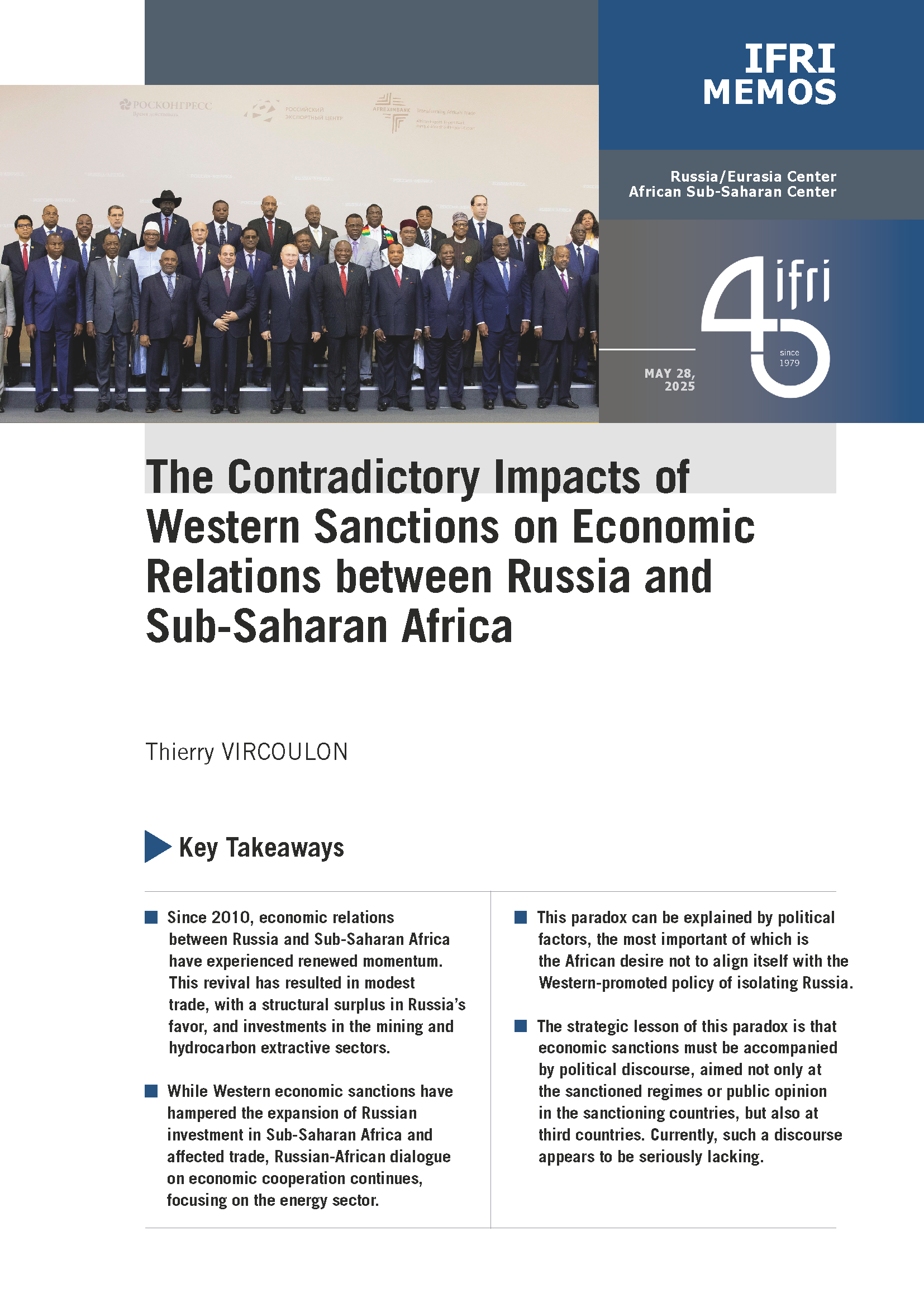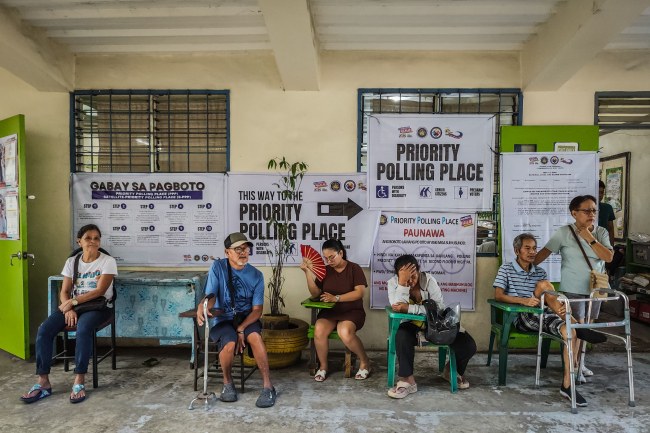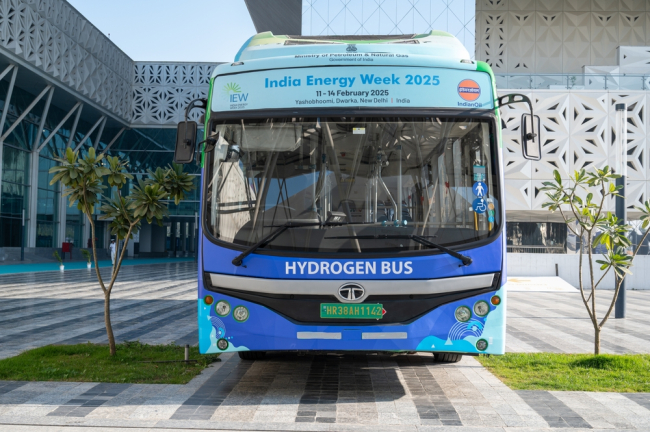Taiwan’s 2024 Elections: A Moving Political Landscape with China Remaining Front and Center
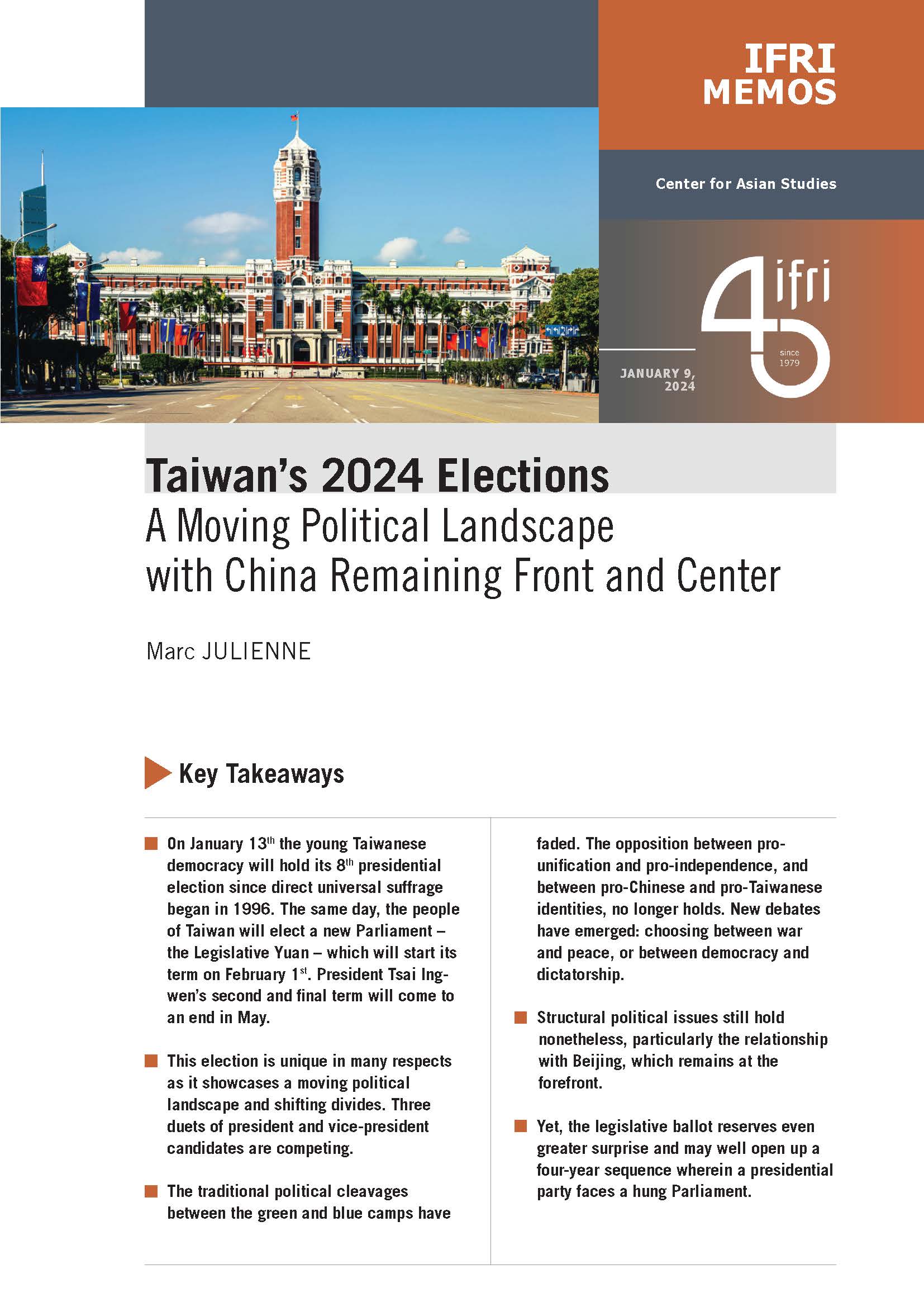
On January 13th the young Taiwanese democracy will hold its 8th presidential election since direct universal suffrage began in 1996. The same day, the people of Taiwan will elect a new Parliament – the Legislative Yuan – which will start its term on February 1st. President Tsai Ingwen’s second and final term will come to an end in May.
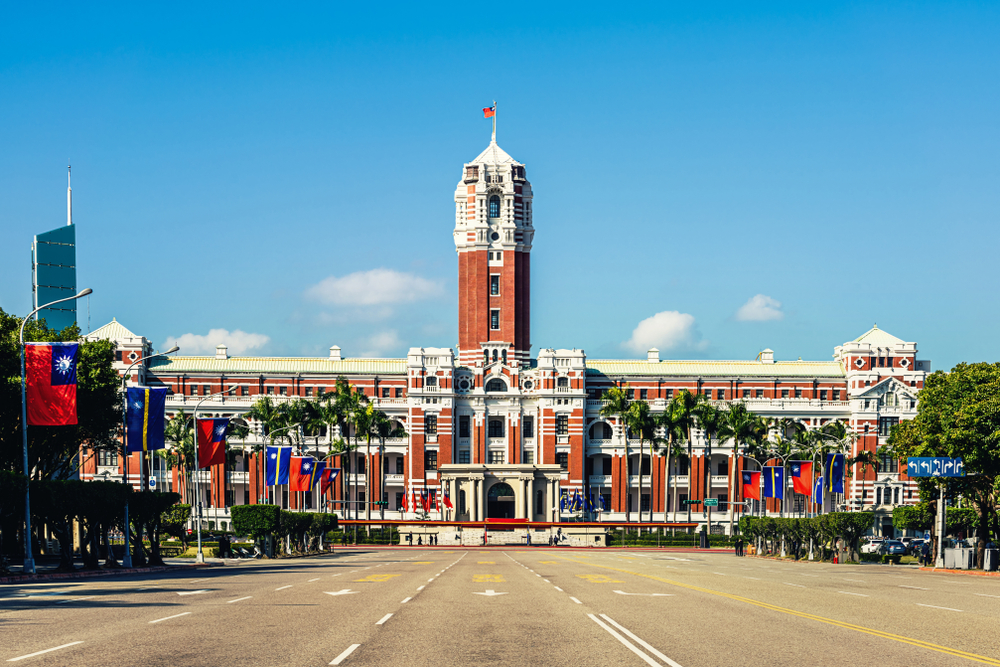
This election is unique in many respects as it showcases a moving political landscape and shifting divides. Three duets of president and vice-president candidates are competing.
The traditional political cleavages between the green and blue camps have faded. The opposition between pro-unification and pro-independence, and between pro-Chinese and pro-Taiwanese identities, no longer holds. New debates have emerged: choosing between war and peace, or between democracy and dictatorship.
Structural political issues still hold nonetheless, particularly the relationship with Beijing, which remains at the forefront.
Yet, the legislative ballot reserves even greater surprise and may well open up a four-year sequence wherein a presidential party faces a hung Parliament.

Available in:
Regions and themes
ISBN / ISSN
Share
Download the full analysis
This page contains only a summary of our work. If you would like to have access to all the information from our research on the subject, you can download the full version in PDF format.
Taiwan’s 2024 Elections: A Moving Political Landscape with China Remaining Front and Center
Related centers and programs
Discover our other research centers and programsFind out more
Discover all our analyses
France seeks third way between US and China in Southeast Asia
The French leader sent a message of partnership but gave few concrete details on sustained engagement plans.
Mid-term Elections in the Philippines: The Clan War Reaches New Heights
Three years after the last general and presidential elections, Filipino voters once again went to the polls on May 12, 2025, to elect their municipal and parliamentary representatives.
India’s Green Hydrogen Strategy in Action: Policy Actions, Market Insights, and Global Opportunities
India is poised to remain the world’s fastest-growing major economy, and this rapid growth is driving a sharp rise in energy demand. As the most populous country on the planet, India urgently needs to decarbonize its energy systems.

RAMSES 2024. A World to Be Remade
For its 42nd edition, RAMSES 2024 identifies three major challenges for 2024.


